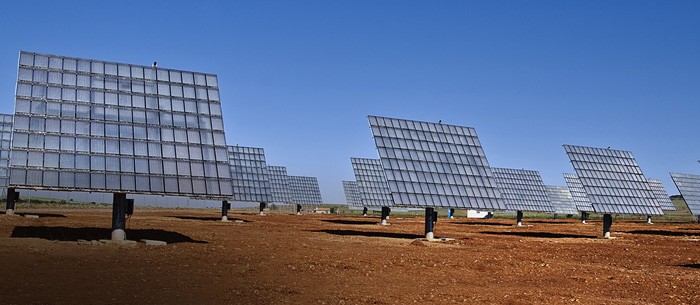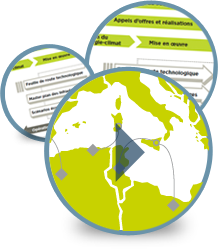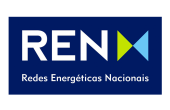Electricity is central to economic and social development and to quality of life. Demand for electricity is constantly rising under the pressures of demographics and industrialisation.
As fossil fuels run out, the challenges are multiplying- fuel price volatility, climate change from greenhouse gases, lack of energy supply.
The Mediterranean energy observatory (OME) has forecast annual increases in consumption of up to 6% by 2025 in SEMCs; these countries must improve their electricity generation and transmission capacity.
MANAGING THE POST-CARBON TRANSITION
The EU is developing a major strategy for transition towards a low-carbon economy, and taking steps to increase the security of its energy supply. The EU Third Package aims to fight climate change and has set three ambitious targets for 2020:
- Cut greenhouse gas emissions by 20% compared to 1990 figures;
- Increase to 20% the share of renewables in the energy mix;
- Increase energy use efficiency by 20%.
Only by harnessing synergies between countries north, south and east of the Mediterranean will we be able to meet energy needs, fight climate change and improve energy supply security.
TWO MAJOR PROGRAMMES
Two major programmes are being deployed to achieve this goal:
- A Mediterranean energy network is planned to link Europe with the SEMCs- this is one of six EU priority projects selected to strengthen energy supply security;
- The Mediterranean Solar Plan, one of six major UfM co-development projects set up to tackle challenges for countries on both sides of the Mediterranean.
- Launched under the French EU presidency on 13th July 2008, UfM promotes new co-development policies within the Mediterranean. UfM brings together States from all around the Mediterranean plus the EU, a total of 43 countries.
- Morocco, Algeria, Tunisia, Libya, Egypt, Jordan, Israel, Palestinian territories, Syria, Lebanon, Turkey/li>























